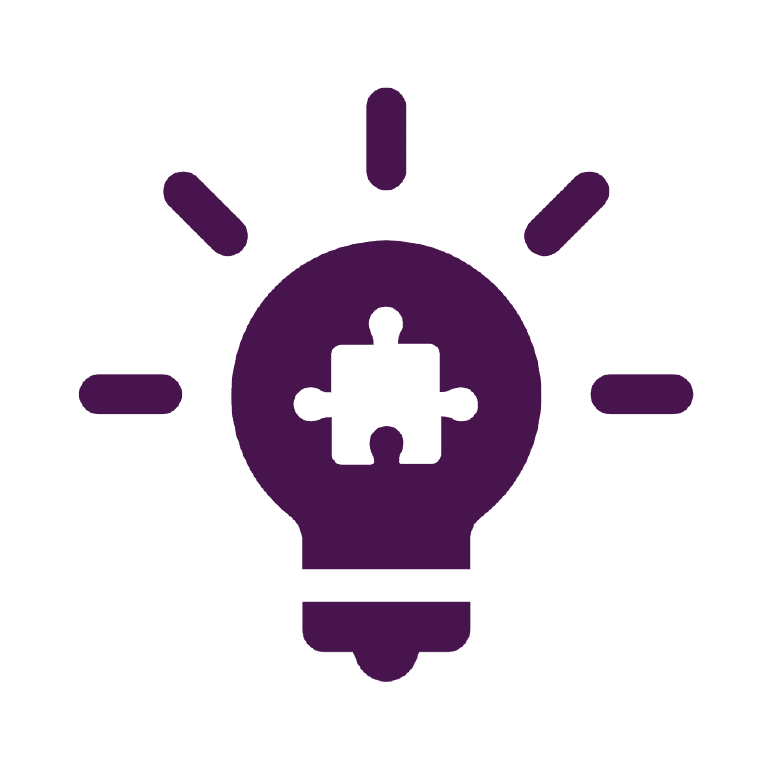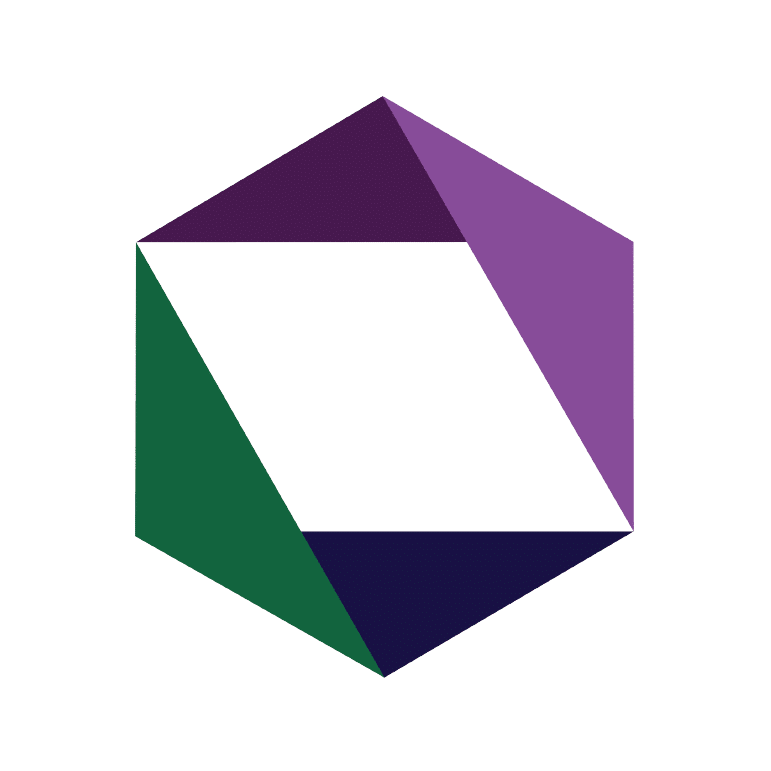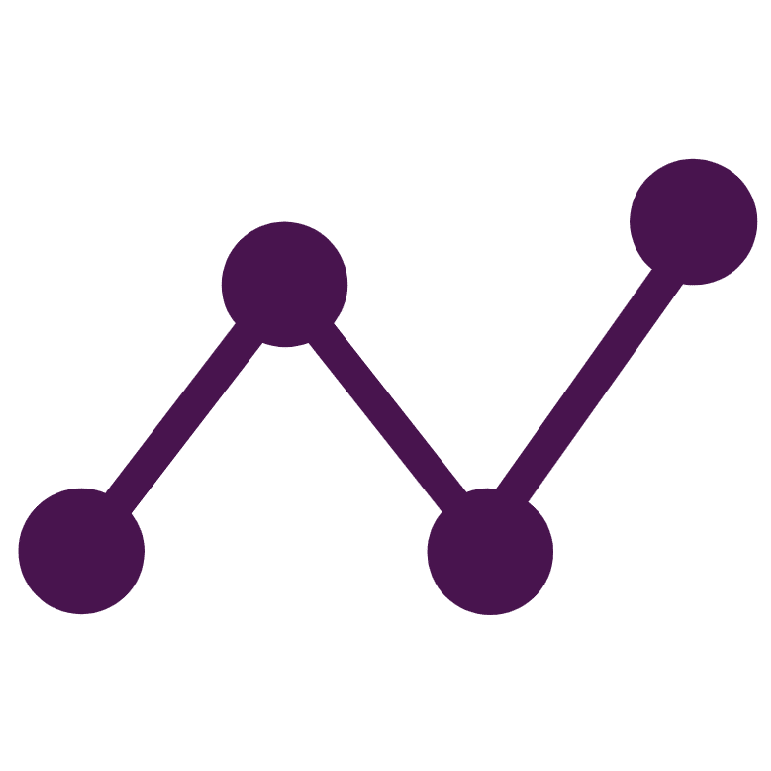
The Challenge
A healthcare workforce solutions provider wanted to increase engagement and learning outcomes across their learning platform as part of an initiative to grow interactive and adaptive learning capabilities using cutting edge knowledge management and natural language processing techniques. The organization was looking to develop and improve personalized content offerings (specifically, tailored course recommendations) to connect users with the exact courses that would help them better master key competencies.
Although custom course recommendations drive better learning outcomes, augment the value of courseware, and provide demonstrable evidence to customers of the effectiveness of their learning offerings, the organization’s existing course recommendation approach failed to consistently deliver relevant tailored content to the user. The content was difficult to maintain and didn’t meet the learning needs of the users.

The Solution
The organization partnered with EK to develop a cloud-hosted semantic course recommendation microservice, powered by a redesigned taxonomy that was applied to a healthcare-oriented knowledge graph. Using a multi-phased approach, we first built an end-to-end Proof of Concept (POC) recommender to assess the current state of the existing taxonomy and data quality, and prove out the feasibility of generating basic recommendations while quickly demonstrating the value to the organization. The POC was then followed by an implementation of a Minimum Viable Product (MVP) phase, where we developed the recommendation engine into a production-ready microservice API, using data science libraries and the organization’s cloud infrastructure. EK used custom Named Entity Recognition (NER) models to extract key terms and topics from the content in order to then rapidly build relationships among and between content. The recommendation microservice was integrated with the organization’s learning platform, successfully delivering courses and learning paths relevant to each user’s exam performance.

The EK Difference
The EK team employed its taxonomy design, ontology design, and data science background and experience in capturing and modeling the semantic content of diverse knowledge domains, specifically utilizing the power of natural language processing to rapidly harvest topics and information from the thousands of courses in the organization’s database. Working hand-in-hand with the organization’s SMEs, our data scientists and taxonomists leveraged a top-down design approach, generating a taxonomy and ontology that was comprehensive, sophisticated, user friendly, and applicable to multiple use cases. Our technical development expertise also allowed us to supplement this process with a bottom-up approach where we leveraged a proprietary script for a recommender microservice. Using such machine learning libraries, we employed a cloud infrastructure that optimally took advantage of existing data to extract terms in an automated fashion. This allowed us to provide completeness to the initial data models.

The Results
Slated for production release, the recommendation service is beating accuracy benchmarks and replacing manual processes, supporting higher-quality, more advanced, and targeted recommendations, such as subject-specific course recommendations that provide clear reasons why the course was recommended to the user. EK is now continuing to work alongside the solutions provider to improve data quality via a more robust knowledge graph and increasingly targeted algorithms.
The rigorous data quality improvements further provide the organization’s content designers more sophisticated methods for governance and scale by ensuring their courses are covering available topics. This rich metadata and semantic modeling continue to drive new, data-driven marketing efforts that demonstrate how the recommender is achieving increased engagement and performance from their users.
